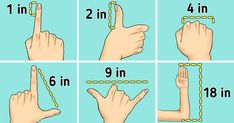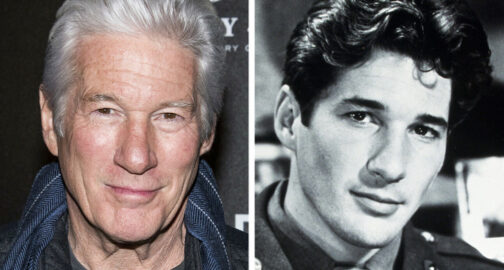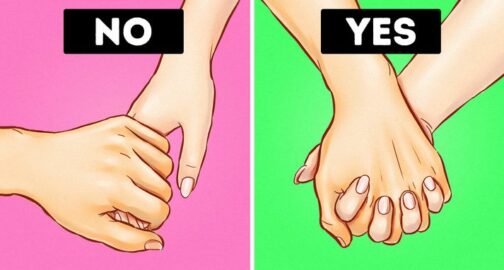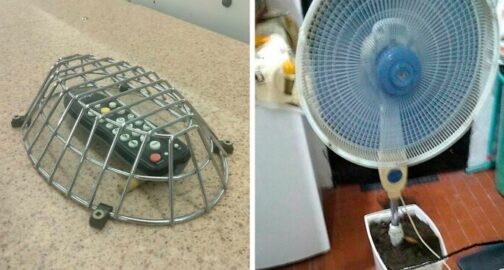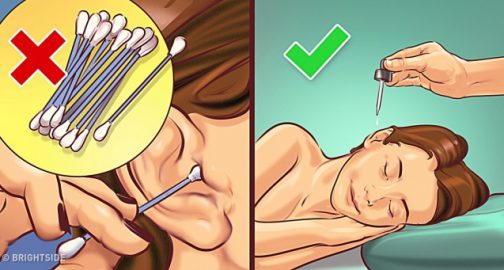
Almost everyone during their adult life realizes that as they grow older they start to press the “volume up” button more often, or they have trouble listening and ask those around them to start speaking up. There are 2 common occurrences that lead to people losing their hearing over time: age and noise.
As you grow older, the tiny hair cells in your inner ear start to break down and are not able to pick up certain sound vibrations as well as they used to. In addition to this, excessive loud noise can damage the hair cells inside the ears leading to premature hearing loss.
The good news is that there are many things you can do to avoid noise-induced hearing loss and keep age-related hearing loss from getting worse. Here at Bright Side, we gathered some information and tips to help keep your ears sharp and young.
1. Avoid loud noise.

The best way to prevent and improve your noise-induced hearing loss is to stay away from loud noises as much as possible. You might be wondering, “How much noise is too much noise?” For some people, the loudness of a noise can be subjective but there are many objective ways to describe it in order to make it understandable to everyone.
Generally speaking, a noise can be loud enough to damage your hearing if:
The only way to measure noise levels is in decibels (dB). The higher the number, the louder the noise. A sound that has measured over 85 dB can be damaging to your ears especially if you are exposed to it for long periods of time.
For example:
With the technology that we have available at our fingertips, it’s very easy to measure noise levels. You can install an app on your smartphone, calibrate it accordingly and get accurate readings about your noise exposure levels.
2. Be cautious when listening to music.
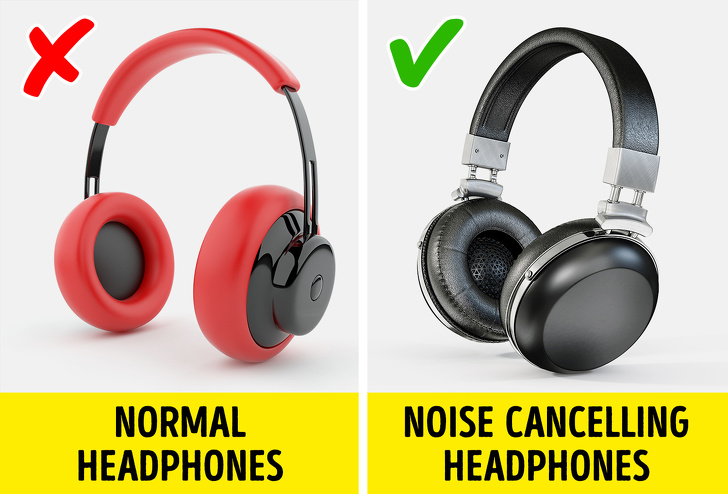
Playing loud music through your headphones or earphones can be one of the most dangerous things you can do for your hearing health. This is because when you put on headphones or earphones you are also trying to mute any external sounds which lead you to have the music volume at the highest level. Remember that turning down the music volume even just a tiny bit can make a huge difference to your health.
To help avoid damaging your hearing, here are some tips for you to consider:
3. Protect your ears during loud events.
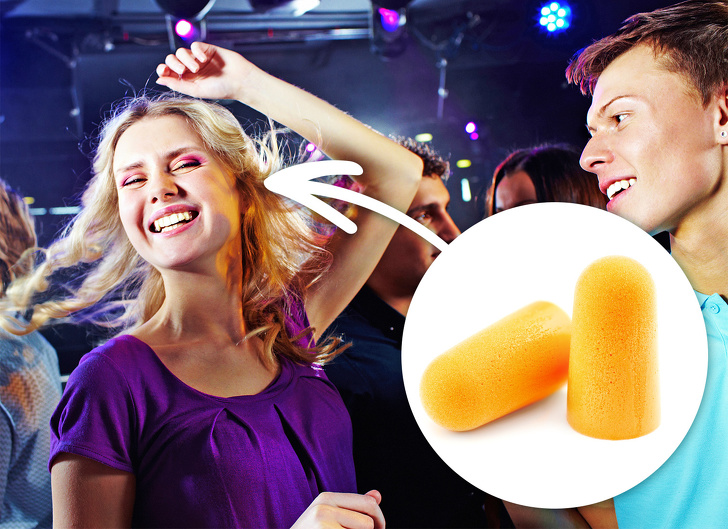
When we’re exposed to loud noises over a long period of time we will gradually start losing our hearing without even realizing it. This is because the damage to the loud noise exposure is usually gradual, so it will be unnoticeable until the symptoms become more pronounced. Loud noise exposure can also cause tinnitus (a ringing, buzzing, or roaring in the ears or head), which can then lead to hearing loss in both ears.
It’s important to protect your ears from exceptionally loud noise that can be found at concerts, bars, nightclubs, roadwork, gigs, sporting events and more.
Here are some tips to consider:
4. Add some cardio into your life.

Enhance your hearing with exercise. A recent study showed that with increasing levels of cardiovascular health comes increased levels of hearing sensitivity. There is a link between the cardiovascular system and functional ability of the organs and tissues in the inner ear.
By exercising, you enhance your blood circulation that travels to your ear bones and muscles. When blood flow is facilitated through exercise, the nutrients like antioxidants and protective heat shock proteins will travel throughout your system and improve your hearing.
5. Do practice exercises that improve your hearing.

The human brain plays a very important role in processing the sound information that our ears receive and we can’t ignore it. A recent study done by the University of Pennsylvania indicates that there are links between hearing loss and mental conditions such as anxiety and depression.
The research suggests that hearing loss may lead to gray matter atrophy in auditory areas of the brain, particularly in older adults. Therefore, some brain exercises like puzzle solving and sound playing games can get your brain juices flowing.
6. Do some yoga.

Yoga is widely practiced for its variety of health benefits. Fortunately, there are some yoga exercises that can help with your hearing too! The main goal of these yoga exercises is to increase blood circulation in your ear and then in your brain. Increased circulation helps improve nerve functions and it removes waste and toxins.
Yoga postures with deep breathing exercises increase oxygen blood flow to the ear. In addition, stretching and muscle relaxation performed during yoga have a positive impact on the heart, blood circulation, and blood pressure.
7. Change your diet

Incorporate foods in your diet that contain nutrients needed for good health and normal ear function. Make sure that your diet is low in saturated animal fat and refined carbohydrates. Fatty foods can reduce blood supply to the ears (due to cholesterol build up) and other parts of the body.
Try to eat cold-water fish like salmon, trout, and herring, incorporate nuts, seeds, and whole grains in your daily eating routine and most importantly, fresh vegetables and fruits.
8.Keep your outer ear canal clean.
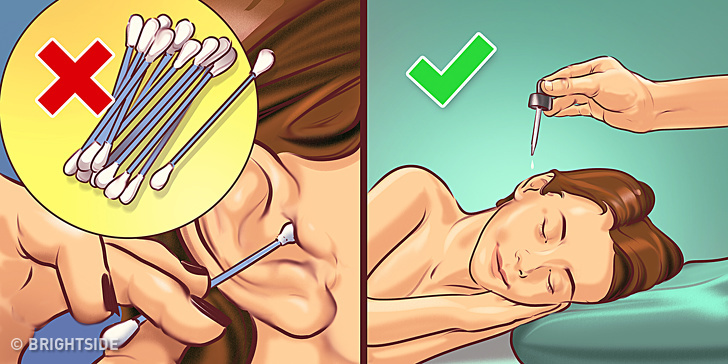
Sometimes debris or earwax can block the outer ear canal. This is a very common cause of conductive hearing loss. In general, earwax has protective antibacterial properties and is relatively healthy when you have it in small amounts. Most of the time ear canals are self-cleaning, however, in some instances, they become clogged or impacted which then can cause partial hearing loss.
Cotton-tipped applicators are definitely not ideal for deep cleaning the ear canal. It’s actually better to consider safer methods like administering drops of mineral oil or baby oil into the clogged ear.
Be sure to see your doctor if you have a sudden change in what you can hear — it could be a symptom of other serious medical problems. Have you ever experienced hearing loss? What did you do about it? Please let us know in the comments below.
Illustrated by Daniil Shubin for BrightSide.me



